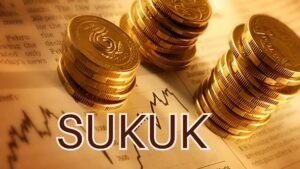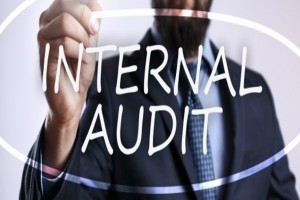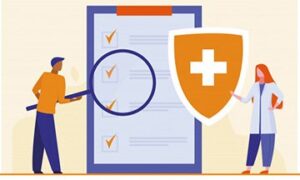Purchasing Policy and Process Development
Course Fee:
Objectives:
• Understand the importance of purchasing policies and processes in effective procurement management.
• Learn how to develop tailored purchasing policies and procedures aligned with organizational goals and industry best practices.
• Explore strategies for streamlining purchasing processes to enhance efficiency and reduce costs.
• Develop skills to assess and mitigate risks associated with purchasing activities.
• Gain insights into the legal and regulatory requirements impacting purchasing policies and processes.
• Understand the role of technology in automating and optimizing purchasing workflows.
• Learn how to monitor and evaluate the effectiveness of purchasing policies and processes for continuous improvement.
Course Content:
Introduction to Purchasing Policies and Processes
• Importance of purchasing policies and processes
• Objectives and benefits of developing robust purchasing policies
• Key components of an effective purchasing policy framework
Policy Development Process
• Steps involved in developing purchasing policies
• Stakeholder engagement and consultation
• Policy drafting, review, and approval process
Procurement Procedure Development
• Designing procurement procedures aligned with policy objectives
• Documenting procurement workflows and approval processes
• Ensuring compliance with organizational guidelines and standards
Risk Management in Purchasing
• Identifying and assessing procurement risks
• Developing risk mitigation strategies and contingency plans
• Incorporating risk management principles into purchasing policies and processes
Legal and Regulatory Compliance
• Understanding legal and regulatory requirements related to procurement
• Compliance with contract law, anti-corruption laws, and data protection regulations
• Ethical considerations in purchasing decision-making
Technology Solutions for Purchasing
• Leveraging procurement software and tools for process automation
• Implementing e-procurement systems for electronic bidding and supplier management
• Integrating purchasing systems with enterprise resource planning (ERP) platforms
Supplier Relationship Management
• Developing supplier evaluation criteria and performance metrics
• Establishing effective communication channels with suppliers
• Managing supplier contracts and relationships for mutual benefit
Performance Monitoring and Evaluation
• Establishing Key Performance Indicators (KPIs) for purchasing activities
• Monitoring procurement performance against targets and benchmarks
• Conducting periodic reviews and audits to assess compliance and effectiveness
Continuous Improvement
• Identifying areas for process improvement and optimization
• Implementing feedback mechanisms for stakeholders
• Implementing a culture of continuous learning and development in purchasing
FOR WHOM:
Stores, Purchasing and Logistics Personnel in the Public and Private Sectors.
Methodology
The training methodology integrates lectures, interactive discussions, collaborative group exercises, and illustrative examples. Participants will acquire a blend of theoretical insights and hands-on practical experience, emphasizing the application of learned techniques. This approach ensures that attendees return to their professional environments equipped with both the competence and self-assurance to effectively implement the acquired skills in their responsibilities.
DATE:
1ST BATCH: 3rd – 6th Feb, 2026
2ND BATCH: 26th – 29th May, 2026
3RD BATCH: 22nd – 25th Sep, 2026
Course Category
- Human Resource and Admin
- Finance and Accounting
- Internal Audit and Fraud Control
- Stores, Procurement and Supply Chain
- Information Technology
- Aviation and Maritime
- Banking, Investment and Insurance
- Business Communication
- Construction Management & Civil Engineering
- Engineering, Instrumentation and Maintenance
- Entrepreneurship and Business
- Hotel & Hospitality Management
- Law and Contract Management
- Management and Leadership
- Project Management
- Public Relations
- Public Sector
- Sales, Marketing & Customer Service
- Secretaries & Personal Assistants
- Transport & Logistics
- Security and Safety
More Courses
VENUE
25, Queen street, Alagomeji Bus Stop, Yaba, Lagos









